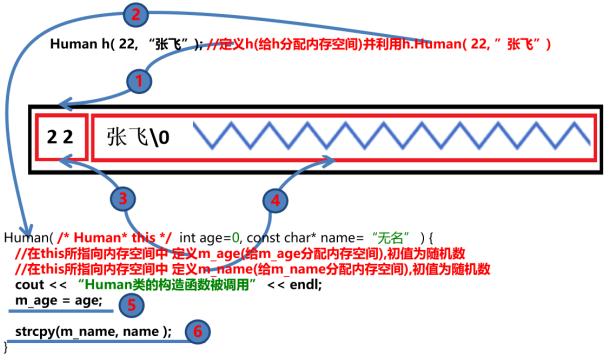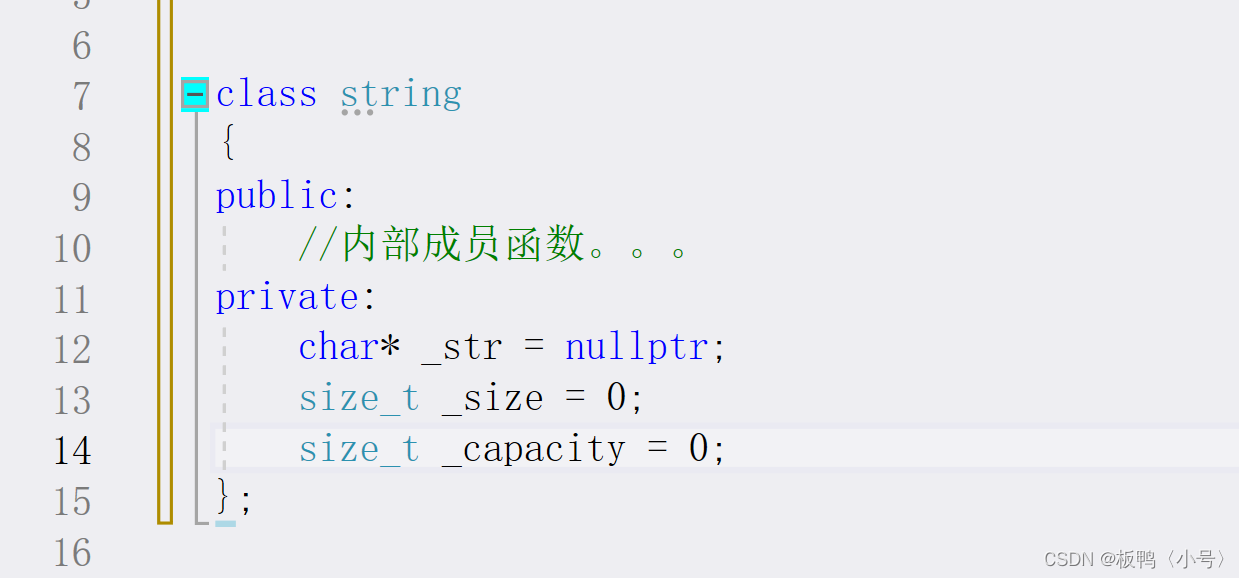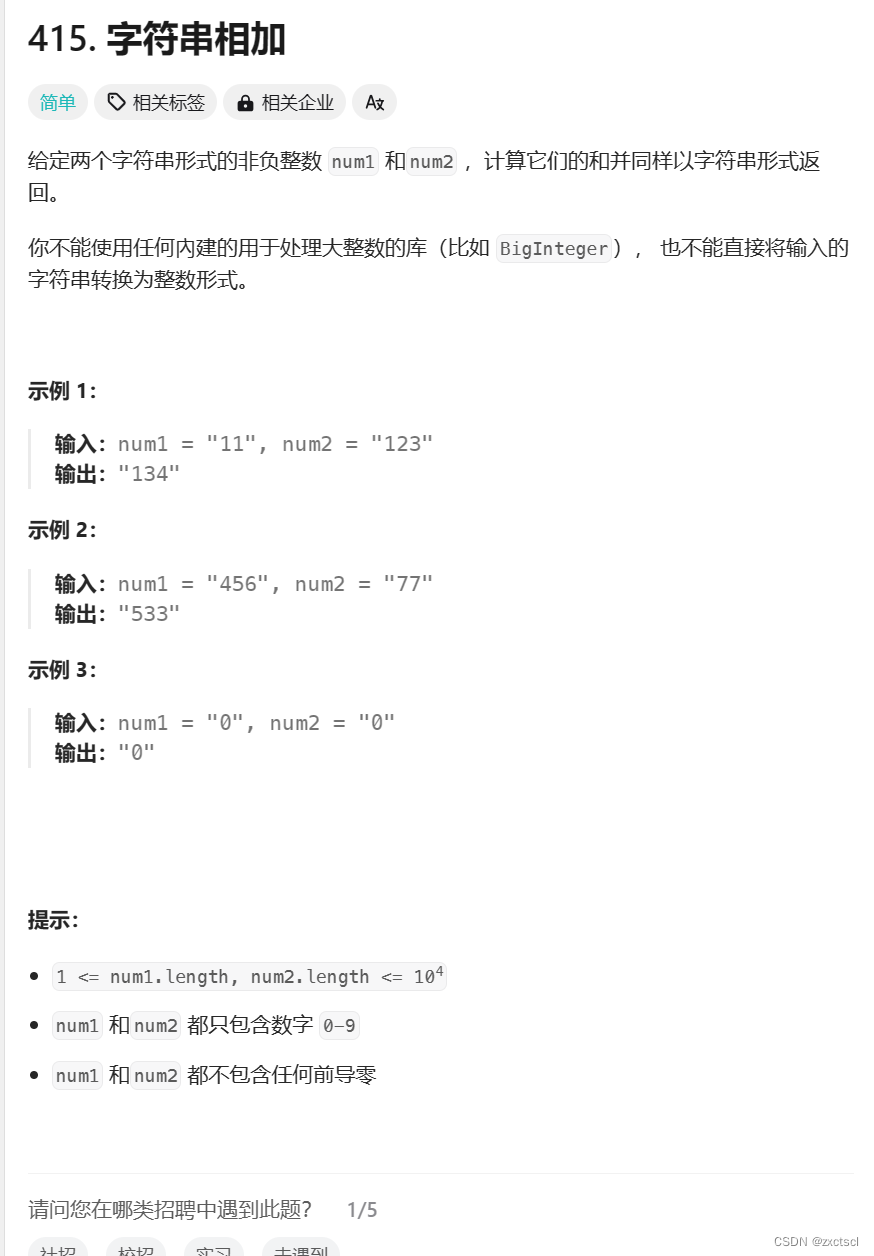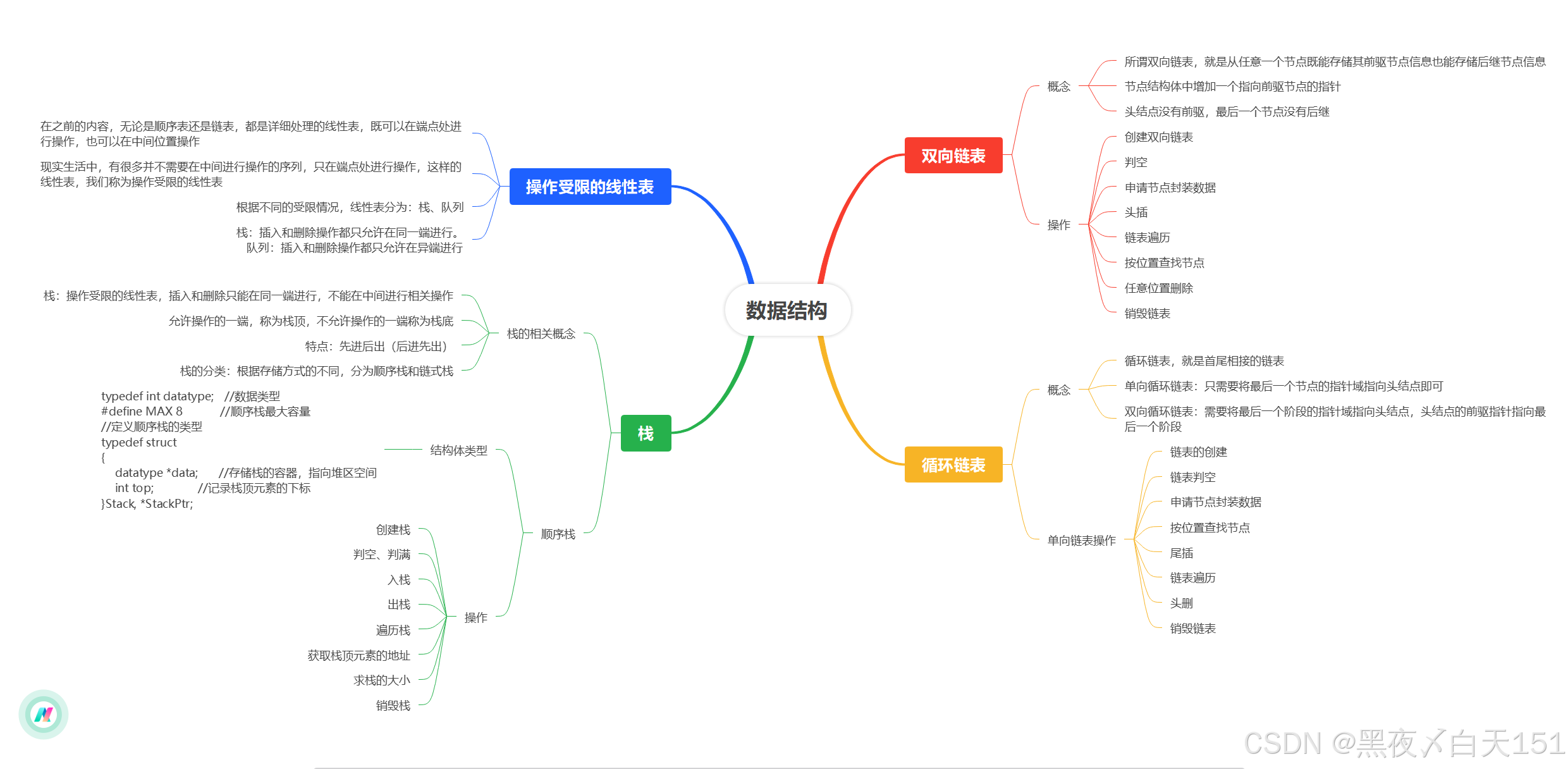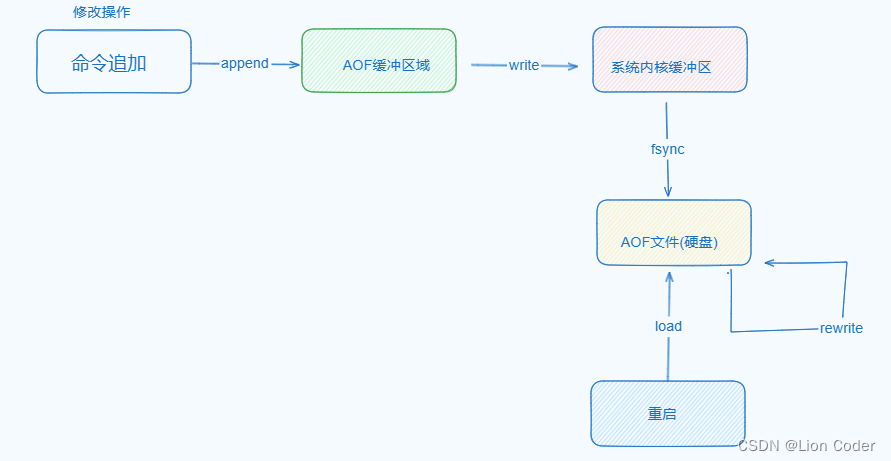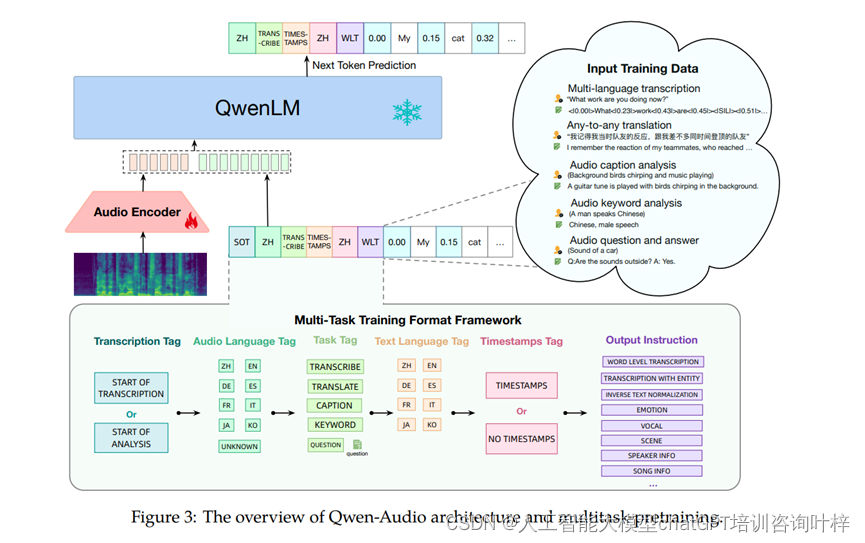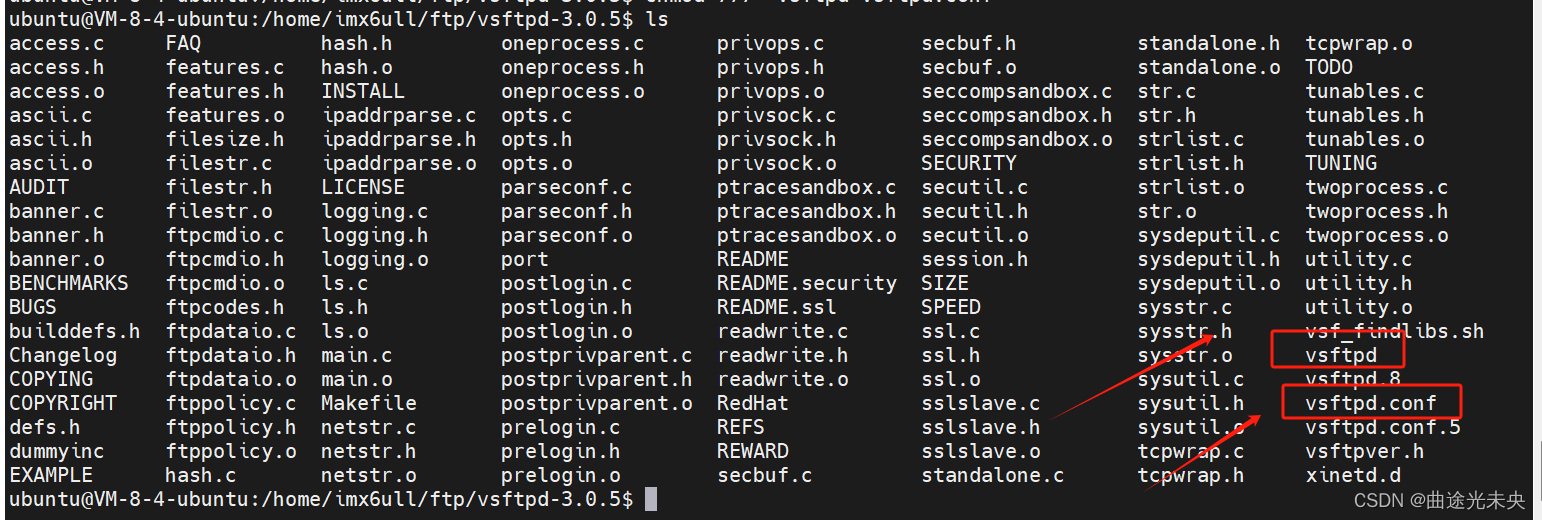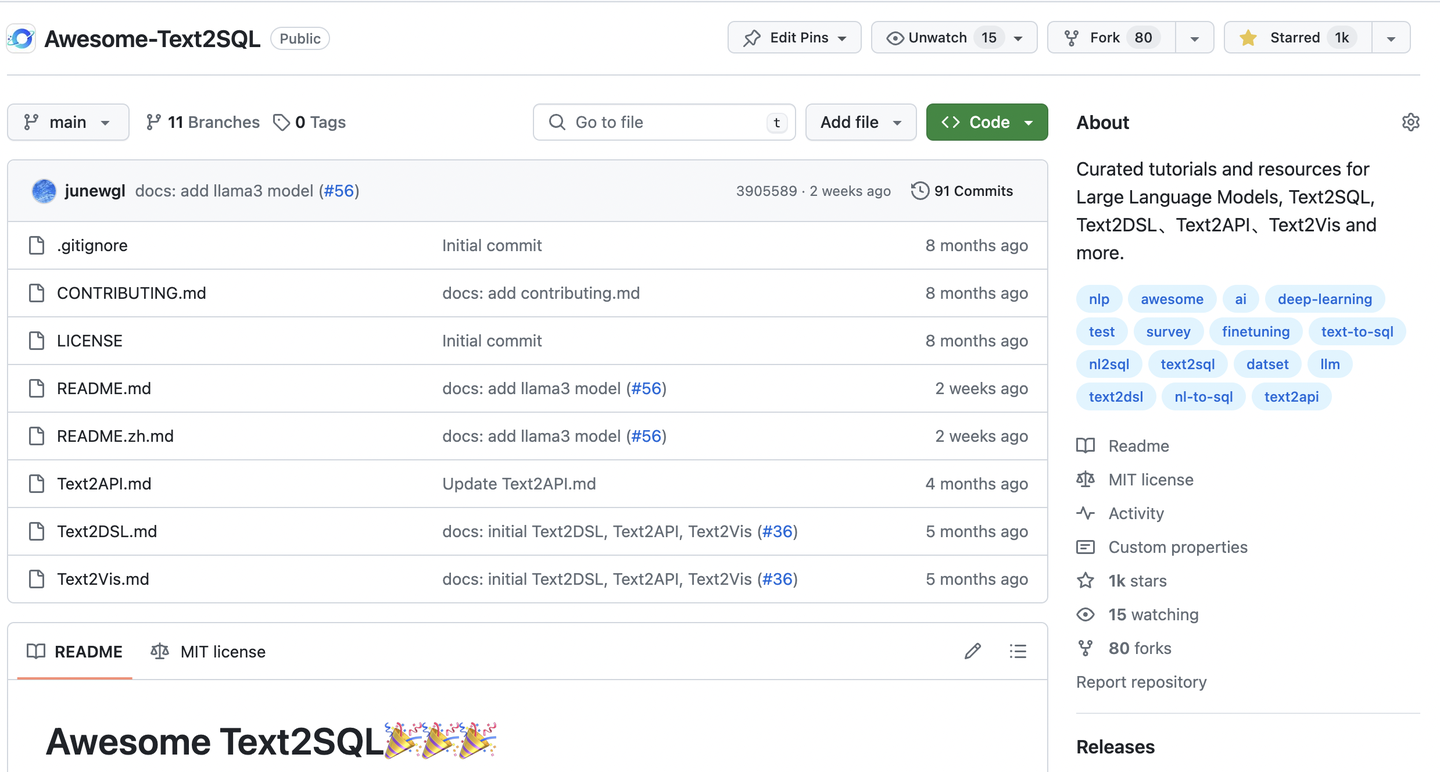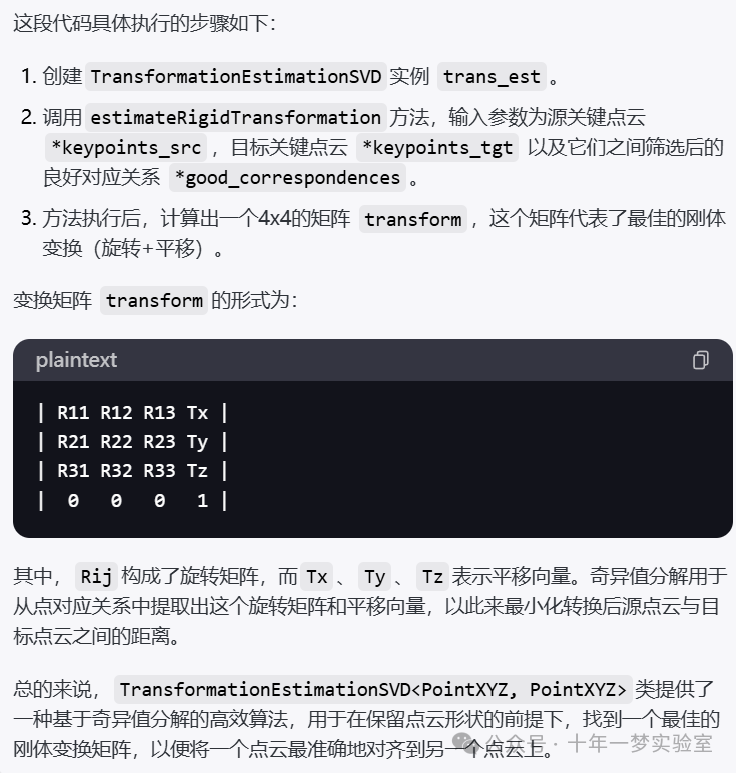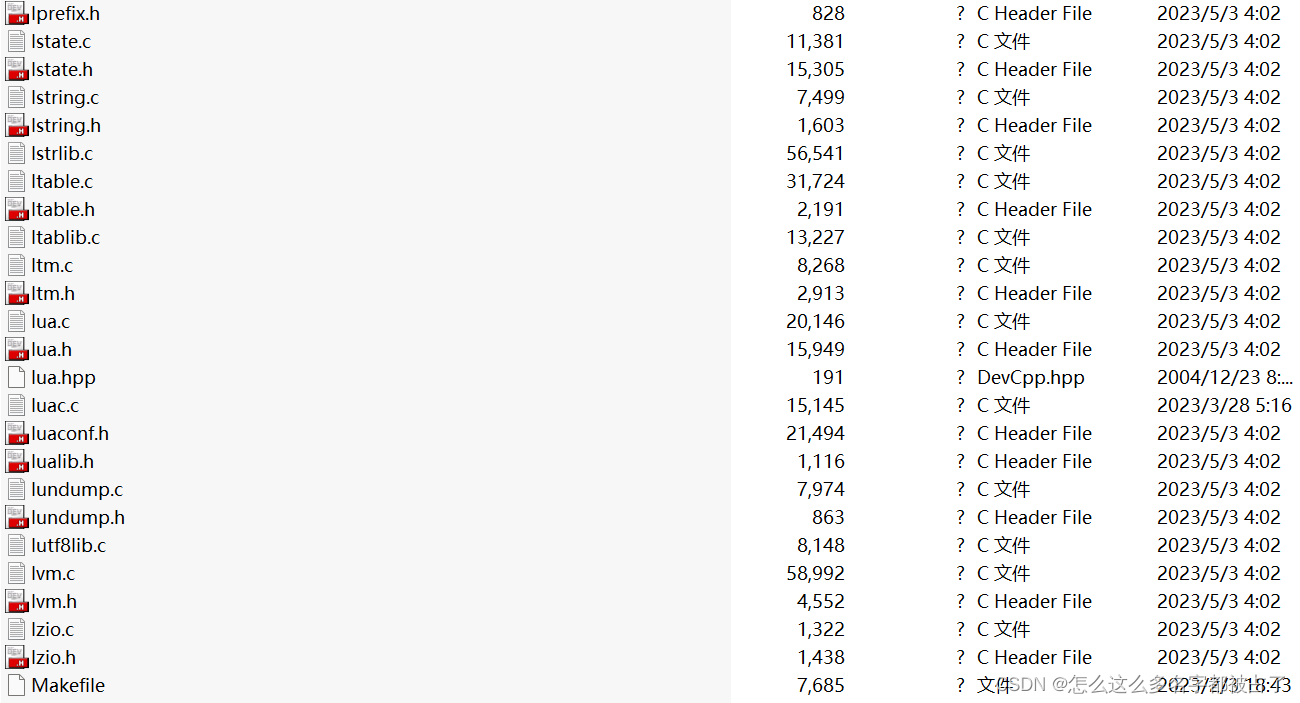目录
string类简介:
- string是表示字符串的字符串类
- 该类的接口与常规容器的接口基本相同,再添加了一些专门用来操作string的常规操作
- string在底层实际是:basic_string模板类的别名,typedef basic_string<char,char_traits, allocator> string;
- 不能操作多字节或者变长字符的序列
string常见接口:
string类对象的常见构造:
| default (1) | string(); |
|---|---|
| from c-string (2) | string (const char* s); |
| fill (3) | string (size_t n, char c); |
| copy (4) | string (const string& str); |
string():
构造空的string类对象,即空字符:
#include<iostream>
#include<string>
using namespace std;
int main()
{
string s1;
cout << s1 << endl;
return 0;
}string(const char *s):
用C-string来构造string类对象:
#include<iostream>
#include<string>
using namespace std;
int main()
{
string s1("hello world");
cout << s1 << endl;
return 0;
}string(size_t n,char c):
string类对象中包含n个字符c:
#include<iostream>
#include<string>
using namespace std;
int main()
{
string s1(10,'x');
cout << s1 << endl;
return 0;
}string(const string&s):
拷贝构造函数:
#include<iostream>
#include<string>
using namespace std;
int main()
{
string s1("hello world");
string s2(s1);
cout << s1 << endl;
return 0;
}string类对象的容量操作:
size:
返回字符串的长度,以字节为单位
void Test()
{
string str("hello world");
cout << str.size() << endl;
}capacity:
返回当前为字符串分配的存储空间的大小,以字节表示
这个容量不一定等于字符串长度。它可以等于或大于,额外的空间允许对象在向字符串中添加新字符时优化其操作
void Test()
{
string str("hello world");
cout << str.capacity() << endl;
}empty:
返回字符串是否为空(即其长度是否为0)
void Test()
{
string str("hello world");
bool x = str.empty();
cout << x << endl;
}clear:
擦除字符串的内容,使其成为空字符串(长度为0个字符)
void Test()
{
string str("hello world");
str.clear();
cout << str << endl;
}reserve:
请求字符串容量适应最大长度为n个字符的计划大小更改
如果n大于当前字符串容量,则该函数使容器将其容量增加到n个字符(或更大)
在所有其他情况下,收缩字符串容量被视为非绑定请求:容器实现可以自由地进行优化,并使字符串的容量大于n
//仅仅开辟空间
int main()
{
string s;
s.reserve(100);
size_t sz1 = s.capacity();
size_t sz2 = s.size();
cout << sz1 << endl;
cout << sz2 << endl;
return 0;
}resize:
将字符串大小调整为n个字符的长度
如果n小于当前字符串长度,则将当前值缩短到前n个字符,删除第n个字符以外的字符
如果n大于当前字符串长度,则通过在末尾插入尽可能多的字符来扩展当前内容,以达到n的大小。如果指定了c,则新元素被初始化为c的副本,否则,它们是值初始化的字符(空字符)
int main()
{
string s1;
s1.resize(10);
s1[0] = 0;
s1[1] = 1;
s1[2] = 2;
s1[3] = 3;
s1[4] = 4;
string s2("hello world");
s2.resize(20, 'x');
s2.resize(5);
cout << s2 << endl;
return 0;
}
string类对象的访问及遍历操作:
operator[]:
返回pos位置的字符,const string类对象调用
#include<iostream>
#include<string>
using namespace std;
int main()
{
string s1("hello world");
size_t i = 0;
for (i = 0; i < s1.size(); i++)
{
cout << s1[i] << " ";
}
cout << endl;
return 0;
}begin+end:
begin获取一个字符的迭代器+end获取最后一个字符下一个位置的迭代器
#include<iostream>
#include<string>
#include<algorithm>
using namespace std;
int main()
{
string s1("hello world");
string::iterator it1 = s1.begin();
while (it1 != s1.end())
{
cout << *it1 <<" ";
++it1;
}
cout << endl;
return 0;
}范围for:
#include<iostream>
#include<string>
#include<algorithm>
using namespace std;
int main()
{
string s1("hello world");
for (auto e : s1)
{
cout << e << " ";
}
cout << endl;
return 0;
}string类对象的修改操作:
append:
通过在当前值的末尾附加附加字符来扩展字符串
void Test()
{
string str1("hello world");
string str2("hello world");
cout << str1 << endl;
str1.append(str2);
cout << str1 << endl;
str1.append("xxxxxx");
cout << str1 << endl;
str1.append(10, 'x');
cout << str1 << endl;
str1 += 'x';
cout << str1 << endl;
}rfind:
在字符串中搜索由其参数指定的序列的最后一次出现。
当指定pos时,搜索只包括从位置pos或之前开始的字符序列,忽略从位置pos之后开始的任何可能的匹配
void Test()
{
string str("hello world");
size_t pos = str.rfind('w');
cout << pos << endl;
}substr:
返回一个新构造的字符串对象,其值初始化为此对象的子字符串的副本。
子字符串是对象的一部分,从字符位置pos开始,跨越len个字符(或直到字符串结束,以先到者为准)
void Test()
{
string str("hello world");
size_t pos = str.rfind('w');
string suffix = str.substr(pos);
cout << suffix << endl;
}

